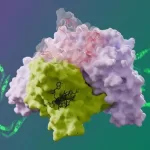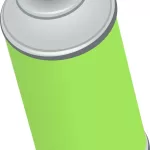Respiratory syncytial virus (RSV), commonly causing infections in children and older adults, has been identified to infect nerve cells, triggering inflammation and potential nerve damage, according to a recent study by Tulane University. RSV is known for respiratory symptoms, but this research, the first of its kind, establishes a link between RSV and neurological symptoms in children.
Published in The Journal of Infectious Diseases, the study challenges the conventional understanding that RSV exclusively infects the respiratory tract. Previous instances showed RSV in the spinal fluid of children with seizures, and 40% of RSV-positive children under 2 experienced acute encephalopathy, a condition linked to brain damage.
The study, utilizing 3D peripheral nerve cultures from stem cells and rat embryos, demonstrated that RSV can penetrate nerve cells, leading to the release of immune-regulating proteins and causing significant inflammation. Even at low levels of infection, nerves became hyperreactive, potentially explaining why RSV-infected children are more prone to asthmatic symptoms later on.
Dr. Giovanni Piedimonte, Vice President for Research and Professor at Tulane University, emphasized the study’s implications for RSV vaccines, which could offer protection to both the elderly and infants, highlighting the broader impact of RSV beyond respiratory concerns.
The research also suggested that RSV could enter the spinal cord through peripheral nerves, possibly bypassing the blood-brain barrier and accessing the central nervous system. While further research is needed to explore this mechanism, it raises the possibility of a connection between RSV and other neurological or developmental disorders.
Piedimonte concluded that if future studies confirm the ability of viruses like RSV to access the central nervous system, it could open up new avenues for understanding and addressing related health concerns.










